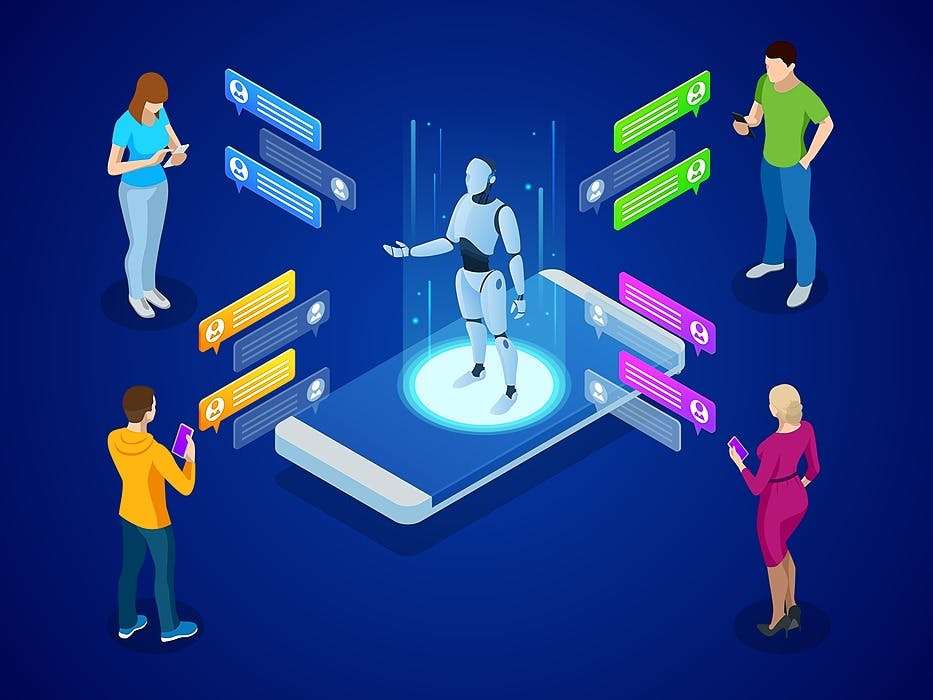397 reads
Understanding Conversational AI: As Chat Enabled Customer Service
by
April 14th, 2020
Kritagya is a technical as well as a creative content writer at CallCenterHosting.
About Author
Kritagya is a technical as well as a creative content writer at CallCenterHosting.
